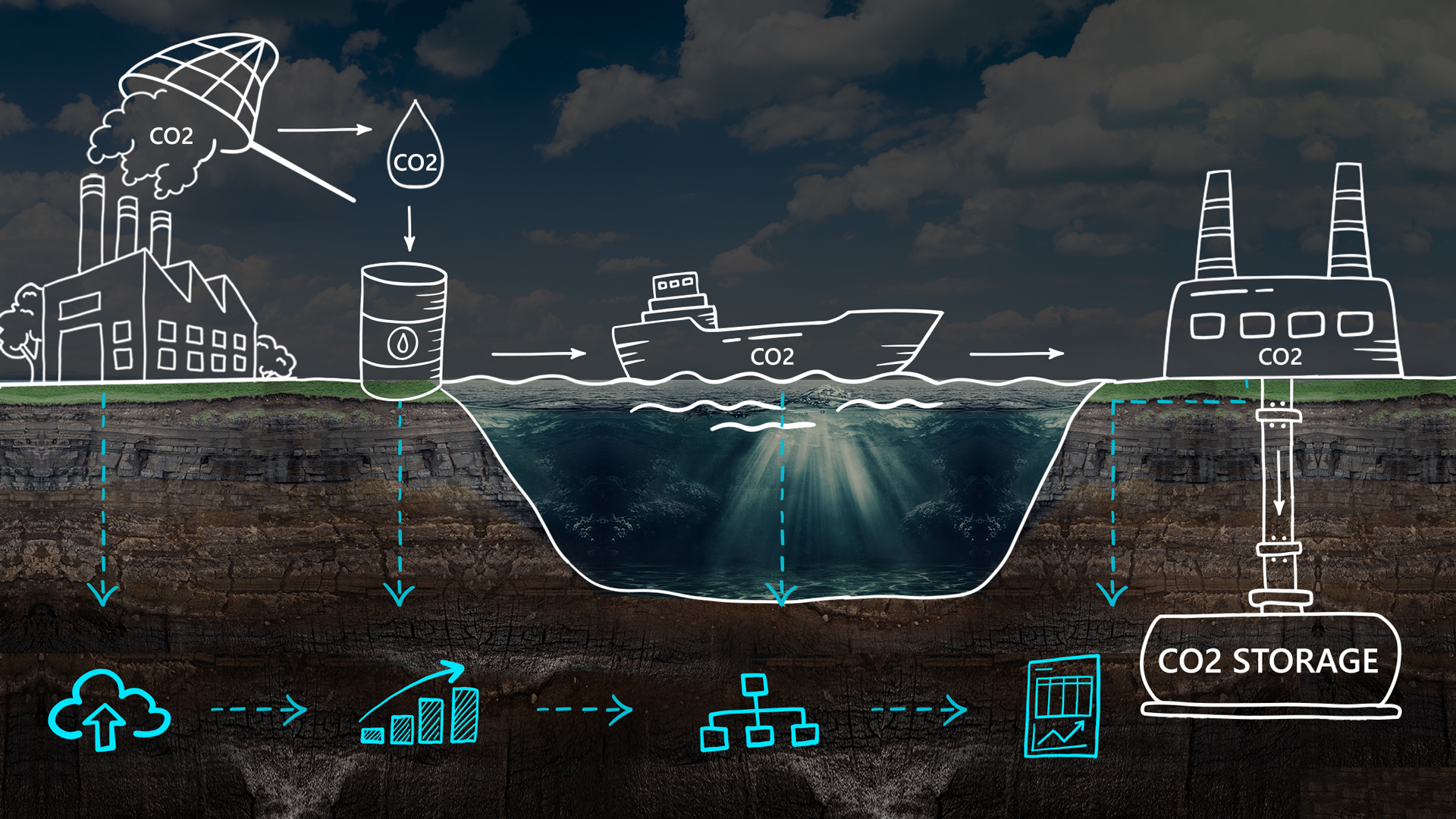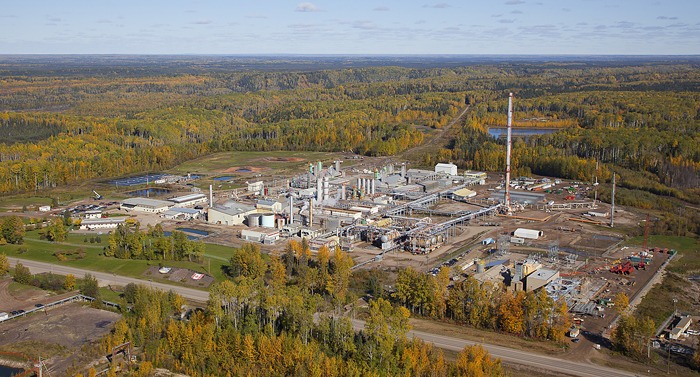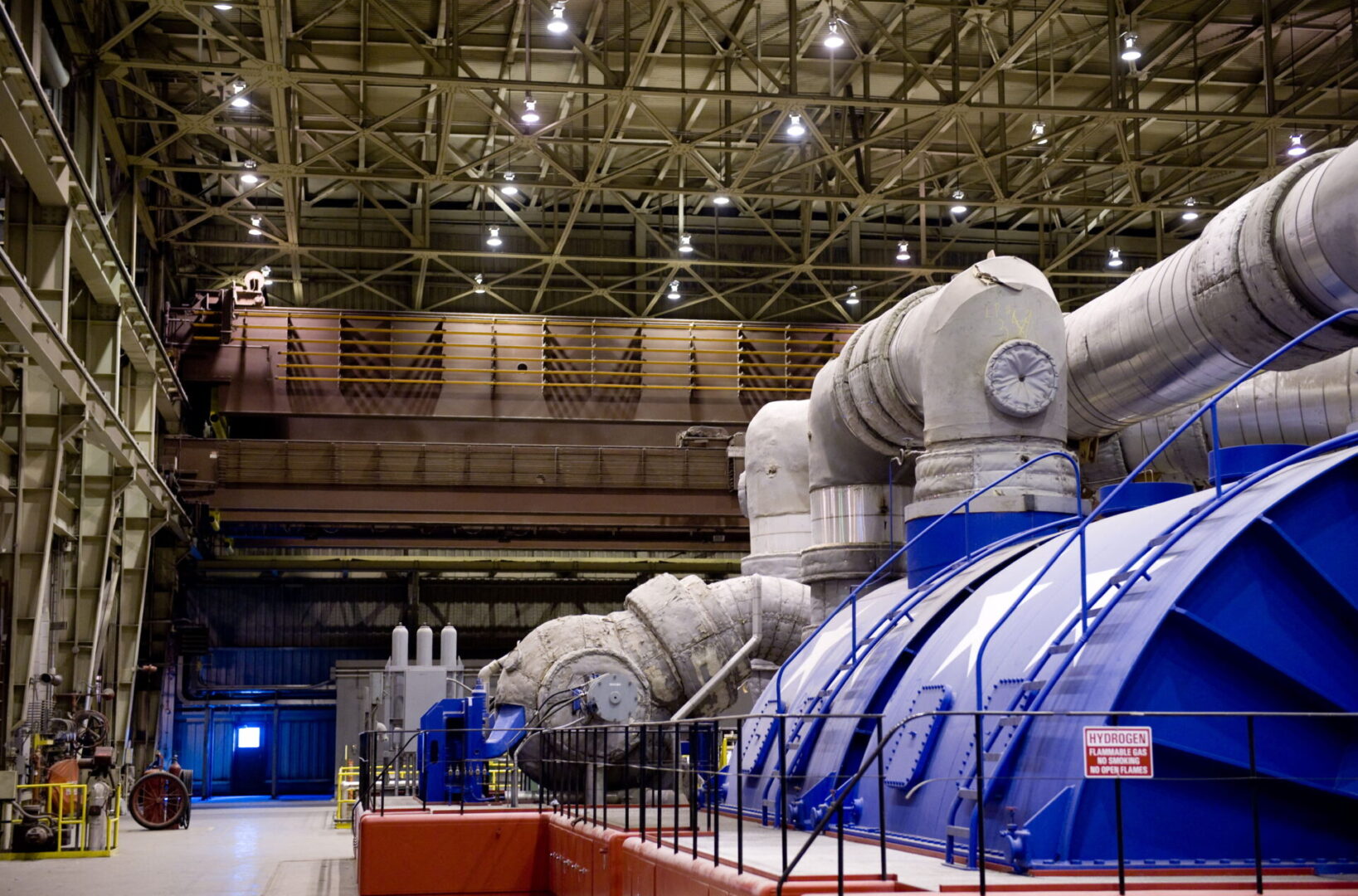“Exploring Financial Incentives for CCUS Development in Canada”
Carbon Capture, Utilization, and Storage (CCUS) technology has emerged as a crucial solution in the fight against climate change. By capturing carbon dioxide emissions from industrial processes and power generation, CCUS technology helps to reduce greenhouse gas emissions and mitigate their impact on the environment. In Canada, where industries like oil and gas production contribute significantly to the country’s emissions, the development of CCUS projects is of paramount importance. To encourage and support the growth of CCUS initiatives, various financial incentives and government initiatives have been put in place. This article aims to provide an overview of these incentives and explore their role in fostering CCUS development in Canada.
Importance of CCUS Development in Canada
The development of CCUS technology is crucial for Canada’s efforts to reduce its greenhouse gas emissions and transition to a low-carbon economy. With its vast reserves of oil and natural gas, the country is a major emitter of carbon dioxide. CCUS technology offers a viable solution to capture and store these emissions, preventing them from entering the atmosphere. Furthermore, CCUS can play a vital role in sustaining the competitiveness of industries like oil and gas, cement, and steel, which are transitioning towards a cleaner future. By investing in CCUS development, Canada can reduce its carbon footprint while safeguarding jobs and economic growth.
Overview of Financial Incentives for CCUS Projects
To facilitate the development of CCUS projects, various financial incentives are available in Canada. These incentives include grants, tax credits, and funding programs that aim to reduce the financial burden of CCUS initiatives. For instance, the federal government has established the Clean Growth Program, which provides funding to projects that aim to reduce greenhouse gas emissions. Additionally, the Strategic Innovation Fund supports research and development efforts in CCUS technology. Provincial governments also offer financial incentives, such as tax credits and grants, to encourage CCUS development within their jurisdictions.
Government Initiatives and Funding for CCUS in Canada
The Canadian government has demonstrated its commitment to CCUS development through various initiatives and funding programs. The federal government’s commitment to invest $750 million in CCUS projects under the Low Carbon Economy Fund is a significant milestone. This fund aims to stimulate innovation and reduce greenhouse gas emissions across the country. Additionally, the government has established the Net Zero Accelerator, which provides funding to projects that aim to achieve net-zero emissions. These initiatives not only provide financial support but also create a favorable regulatory environment for CCUS development.
Tax Incentives for CCUS Development in Canada
Apart from grants and funding programs, tax incentives play a crucial role in promoting CCUS development in Canada. The government offers tax credits to companies engaged in CCUS activities, allowing them to offset a portion of their expenses. These tax incentives help to lower the overall cost of CCUS projects and make them more economically viable. In addition, the federal government has introduced accelerated capital cost allowance provisions for CCUS equipment, allowing businesses to deduct a larger portion of their investments in CCUS infrastructure from their taxable income.
Future Prospects and Challenges for CCUS Development in Canada ===
The future prospects for CCUS development in Canada are promising. The country has abundant resources and expertise in the oil and gas industry, which can be leveraged to advance CCUS technology. With the continued support of government initiatives and financial incentives, Canada has the potential to become a global leader in CCUS deployment. However, challenges such as high upfront costs, regulatory complexities, and public acceptance remain. Overcoming these obstacles will require collaboration between government, industry, and research institutions. By addressing these challenges and continuing to explore financial incentives, Canada can make significant progress in decarbonizing its economy and achieving its climate goals.











